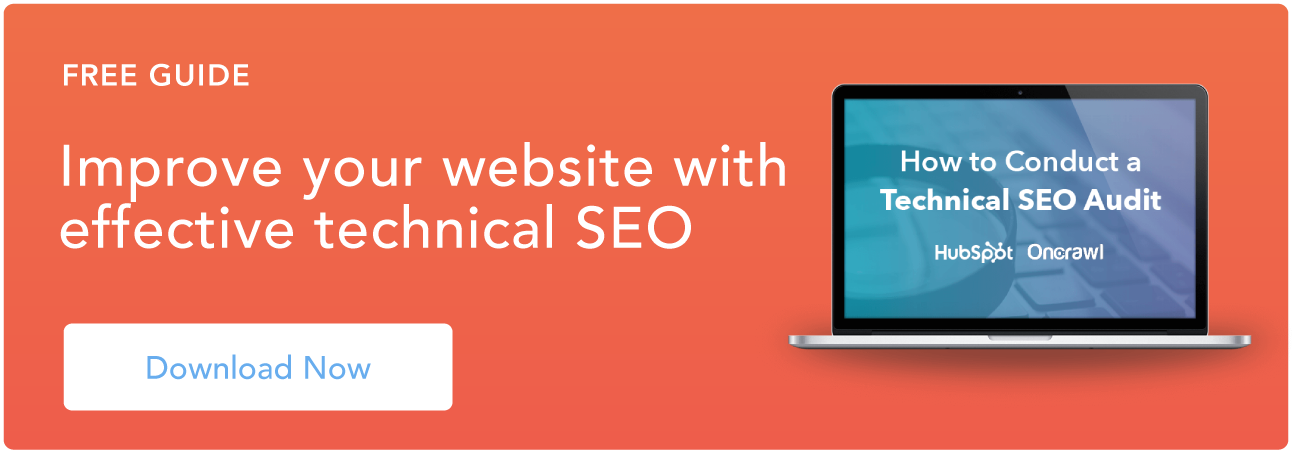What is a website title?
A website title, or title tag, is an HTML element that specifies the content of a webpage. A website title is helpful for both users and search engines. An internet user needs a website title so they can see an accurate and concise description of a page's content before clicking on a link in the SERPs. Alternatively, search engines need to determine the relevancy of a webpage, so it can surface the content as a result for the correct search query.
A search engine knows the title of a webpage by finding a title tag in the code -- for instance, on "What Is Marketing? [FAQ]", a search engine will find this in the HTML:
Along with being helpful for search engines and users, a title tag is also useful when someone has multiple tabs open. For instance, let's say a user is researching marketing extensively, and using your resource as one of many (or, procrastinating on Facebook … ).
When the user needs to return to your webpage, she can find the correct tab via your page's title:
Now that we've covered why website titles matter, let's look at a few best practices when it comes to creating a good title tag. Now, while Google does use dynamic meta tags -- meaning it can expand and truncate title tags depending on the search term (and its intent) -- it's a good idea to:
- Keep it short, ideally under 55 characters.
- Don't use caps.
- Don't overdo keywords in the title -- for instance, don't title your piece, "What Is Marketing? Marketing Tips, Marketing Facts, Marketing General Information."
- Write compelling copy that would make you want to click on the link.
- Make it relevant to the page itself.
- Make your <h2> keywords different from the title tag.
- Include your brand in the title, i.e. "Best Advertising Campaigns - Advertising Age."
To further strengthen your titles, take a look at How to Write Catchy Headlines and Blog Titles Your Readers Can't Resist.
Website title examples
- 10 Best Nike Sneakers in 2019 [Buying Guide]
- Top 15 Ad Campaigns of the 21st Century - Advertising Age
- The Ultimate Guide to Instagram Hashtags for 2019
- 34 Essential Things to Know Before You Visit China - Y Travel Blog
- A Novel Way to Boost Client Satisfaction - Harvard Business Review
- SEO Is Back. Thank God. - New York Magazine
- Reflecting on My Failure to Build a Billion-Dollar Company - Medium
1. 10 Best Nike Sneakers in 2019 [Buying Guide]

2. Top 15 Ad Campaigns of the 21st Century - Advertising Age

3. The Ultimate Guide to Instagram Hashtags for 2019 - HubSpot Blog

4. 34 Essential Things to Know Before You Visit China - Y Travel Blog

5. A Novel Way to Boost Client Satisfaction - Harvard Business Review

6. SEO Is Back. Thank God. - New York Magazine

7. Reflecting on My Failure to Build a Billion-Dollar Company - Medium

Technical SEO





![The top search engines other than Google [+ some you might not expect]](https://53.fs1.hubspotusercontent-na1.net/hubfs/53/other%20search%20engines%20header%20image%20.jpg)






